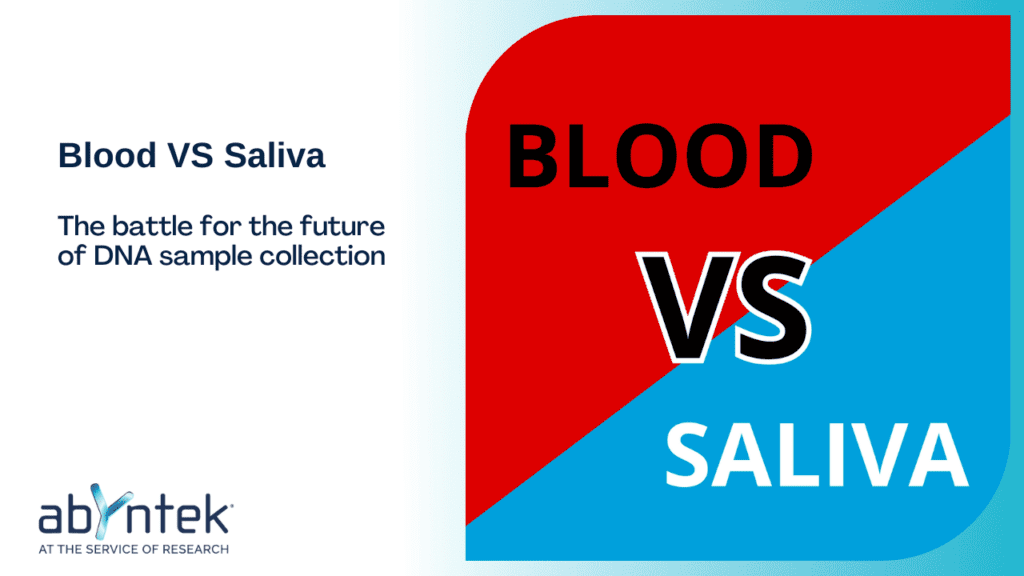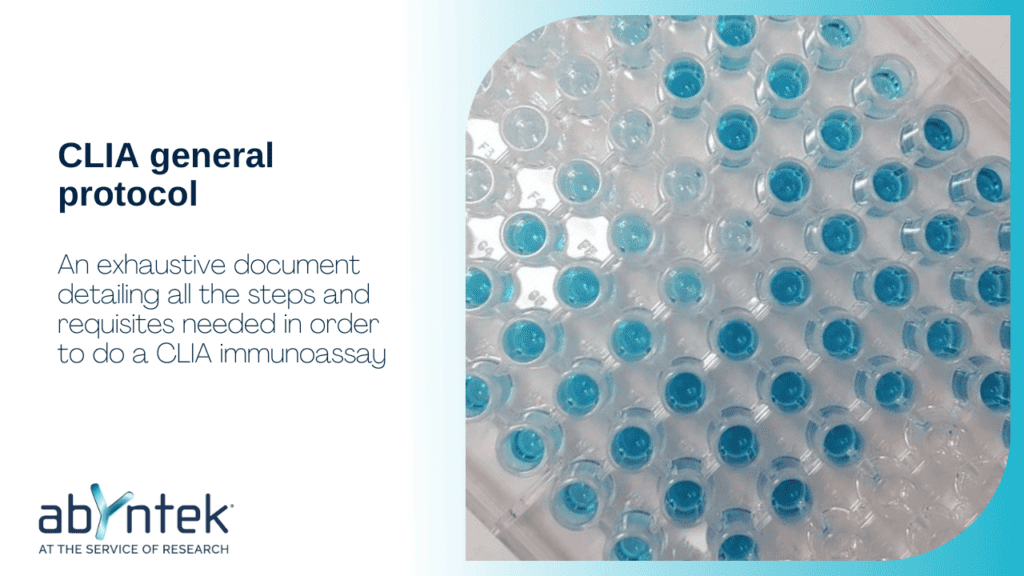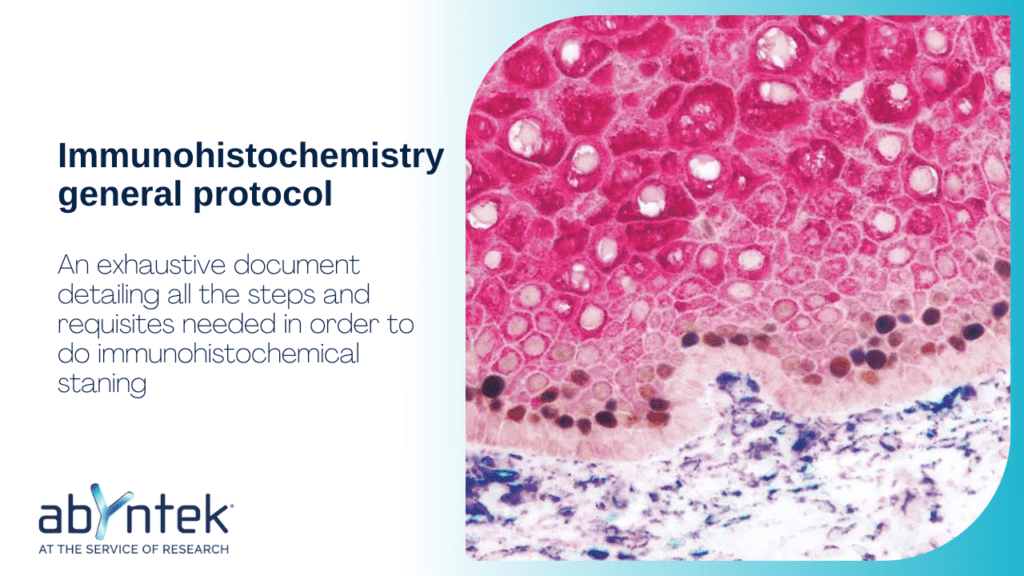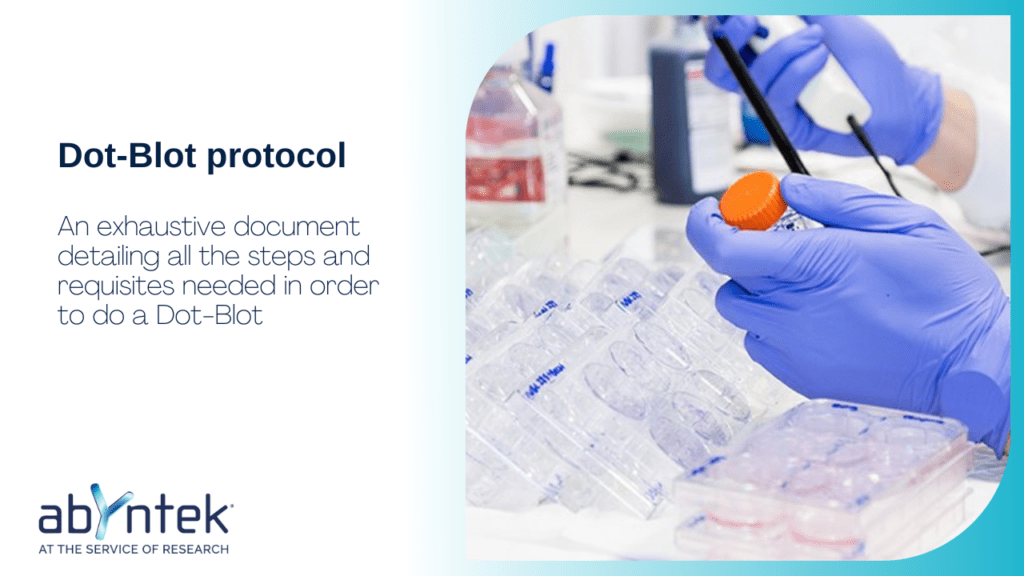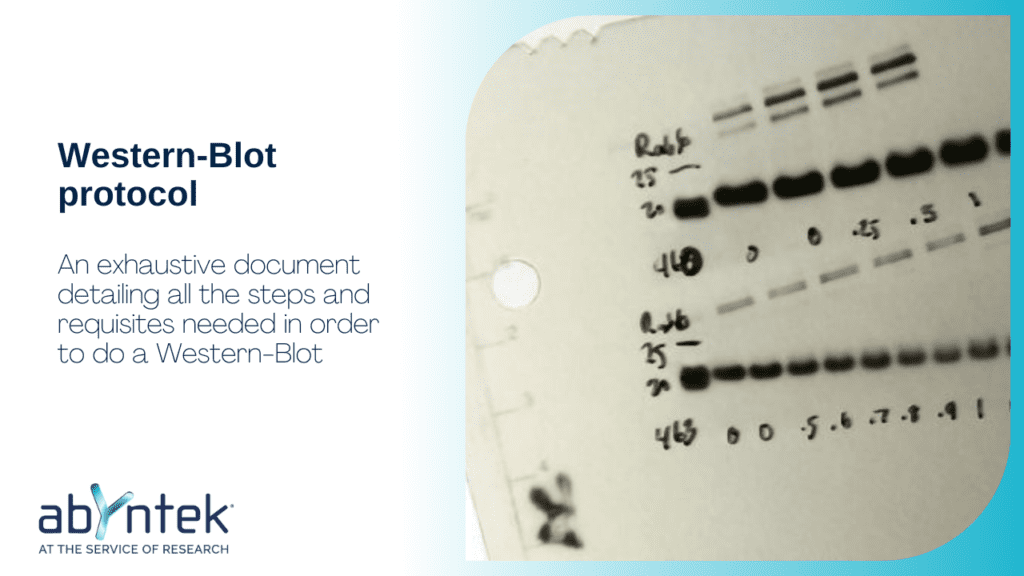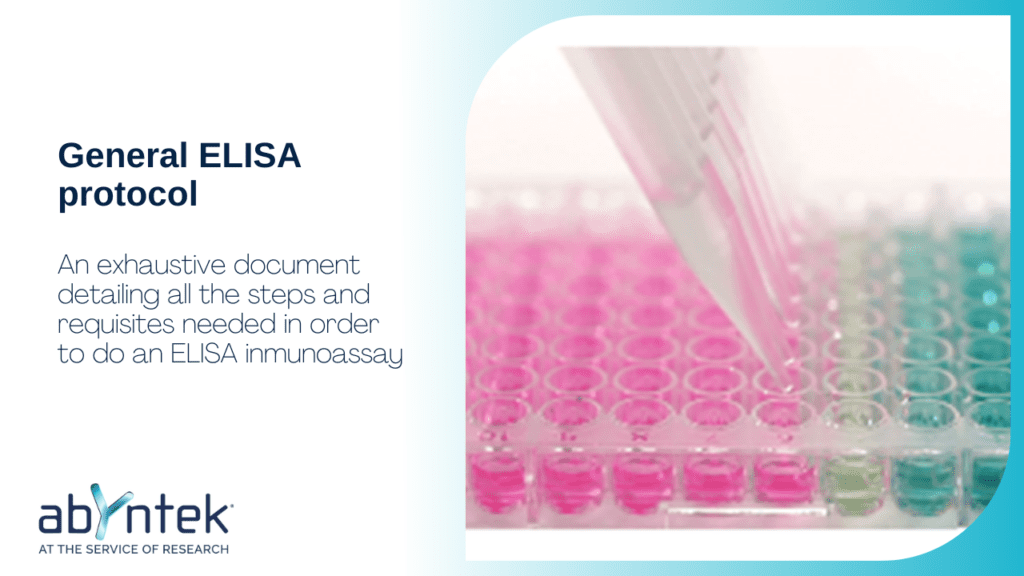Protocols and whitepapers
Our scientific department makes several protocols and whitepapers available to the research community for consultation and learning purposes.
Whitepapers
WHITEPAPER: GREAT DISCOVERIES IN BIOSCIENCES IN 2023
2023 in biomedical research has been full of incredible advances that bring us, step by step, closer to the future. From the production of green fertilisers that reduce their impact on the environment to diagnostic methodologies at the cellular level, these discoveries will inspire researchers and scientists to push the boundaries of what is possible.
WHITEPAPER: THE FUTURE OF SAMPLE COLLECTION
Can saliva replace blood for DNA collection and analysis? In this whitepaper you will find testimonials, applications, compliance, comparison of blood vs saliva, conclusions and bibliography showing how saliva is the non-invasive alternative for collecting DNA samples.
WHITEPAPER: IMMUNOHISTOCHEMISTRY
Complete guide on immunohistochemistry that will allow you to access the latest developments in this field, as well as presenting you with the usual problems and their solutions. Explore in great detail the state of the art in immunohistochemistry, experimental desing, sample prep and sample fixation, antigen retrieval, blocking and detection, microscopy, quantitative image processing and controls.
Research summaries
DETERMINATION OF MMP-9 BIOMARKER USING A CUSTOM PEPTIDE
Sensors based on nanochannels consist of the alteration of the ionic flow through a nanopore by the presence of unique analytes that cross it under the application of an external potential. This principle has been applied to the detection of single molecules such as DNA, RNA, Peptides or proteins or in this case, the MMP-9 biomarker.
Protocols
PROTOCOL: FLOW CYTOMETRY
In this flow cytometry protocol we describe a powerful tool that has applications in multiple disciplines such as immunology, virology, molecular biology, cancer biology and infectious disease monitoring
Find materials, fungibles, instruments, sample preparation, thawing of cell suspensions and many more.
PROTOCOL: CLIA
This protocol describes the steps for performing a CLIA test, a serological test that, in clinical analysis, is frequently used to detect and measure different biomarkers through the use of a bioluminescent reaction.
Find materials and reagents, sample preparation, reagent preparation, assay procedure, calculation of the results and troubleshooting.
PROTOCOL: IMMUNOCYTOCHEMISTRY
This inmunocytochemistry protocol describes the steps for performing the inmunocitochemistry method on samples of intact cells that have had most, if not all, of their surrounding extracellular matrix removed. Find materials and reactives, slide preparation, fixation, antigen retrival, permeabilization, blocking and many more inside.
PROTOCOL: IMMUNOHISTOCHEMISTRY
This inmunohistochemistry protocol describes the steps for performing the immunohistochemistry method with paraffin-embedded tissue sections. Find materials and reactives, fixation and embedding of the tissue, cutting and mounting the section, deparaffinization and reydration, antigen retrieval, immunohistochemical staining and many more inside.
PROTOCOL: DOT-BLOT
Dot-Blot is a simple immunological technique for detecting the presence of biomolecules. It is used to detect DNA, RNA, or proteins. One of the advantages of this technique is that the sample is added directly to the membrane, thus allowing us to save time. Contains a list of materials, the steps to follow and even a list of common problems and mistakes that might arise and their solutions.
PROTOCOL: WESTERN-BLOT
A western blot is a laboratory method used to detect specific protein molecules from among a mixture of proteins. This mixture can include all of the proteins associated with a particular tissue or cell type. To obtain an excellent result in the process, Access our protocol that contains a list of materials, the steps to follow and even a list of common problems and mistakes that might arise and their solutions.
PROTOCOL: ELISA TEST
This protocol will easily guide researchers through the process of performing an ELISA-type immunoassay. Contains a list of materials, steps to follow, list of errors and common problems as well as their solutions.
PROTOCOL: IMMUNOPRECIPITATION
Guide for the immunoprecipitation process, where researchers will find a list of materials, the steps to follow and even a list of common problems and mistakes that might arise, and their solutions. This procedure can be used to isolate and concentrate a particular protein from a sample containing thousands of different proteins.


